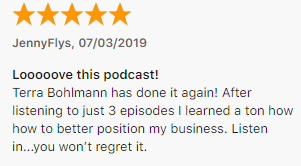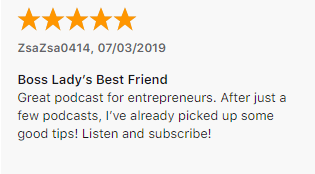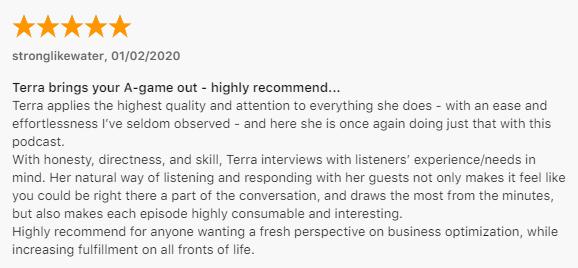The Fast-Track Woman Podcast: Episode #83
Navigating Difficult Conversations in Your Business with Linda Welch
Click the Play Button + Listen Below.
Meet Podcast Guest, Linda Welch.
Linda and Sarah are a Boomer mother and a Millennial daughter, who empower women to take compassionate stands for themselves within their relationships.. They are passionate about teaching women to know themselves and connect with what they want from the people in their lives.
Linda has a Masters of Divinity and a history in counseling and education. She has a laser focused ability to determine hidden potential and help clients grow to reach it. With a heart full of love, she works with women to help them relinquish their hold on fear-based thoughts and habits, so they can mature into who they want to be.
Sarah has always been on a journey of personal growth. She’s had the experience of being adopted, living in a blended family, having her parents divorce, and then being alienated by part of her family because of decisions she made. Through that, she not only learned to survive, she learned to thrive. She has a BA in Creative Writing and Sociology which she uses to bring a fresh perspective to conflict resolution with a light and easy approach.

About this Podcast Episode.

In this epsiode, Terra Bohlmann interviews Linda Welch. relationship and communication expert. Linda shares her strategies on how to navigate difficult conversations, why women shy away from sales conversations, and what to do instead. Linda has a Masters of Divinity and a history in counseling and education. She has a laser focused ability to determine hidden potential and help others grow. With a heart full of love, she works with women to help them relinquish their hold on fear-based thoughts and habits, so they can mature into who they want to be. If you are ready to learn how to move from fear of sales into a love of sales using authentic relationships, you'll enjoy this episode.
Resources, Tools, and Links Mentioned in this Episode.
- TerraBohlmann.com/podcast
- letsgetrelational.com/category/podcast/
- Apply for your complimentary Fast-Track Session with Terra HERE.
Read and Download the Transcript for this Episode.
Interact More with the Podcast.
Great Reviews Make My Heart Sing.

Much appreciation from one happy Podcast Host!
Are you subscribed to my podcast?
If you’re not, you should subscribe so you never miss an episode.
And...I invite you to take it a step further + leave a 5-Star review.
To give a review, click the image and select “Ratings and Reviews” and “Write a Review” on iTunes.
Share a takeaway what you learned and let other women entrepreneurs know why they should listen to the podcast.
Reviews help other women entrepreneurs find my podcast and I truly enjoy reading them.
It takes a community of like-minded women to help other like-minded women succeed.
(Oh, by the way, I love to do shout-outs on future episodes and you just may hear your name!)



